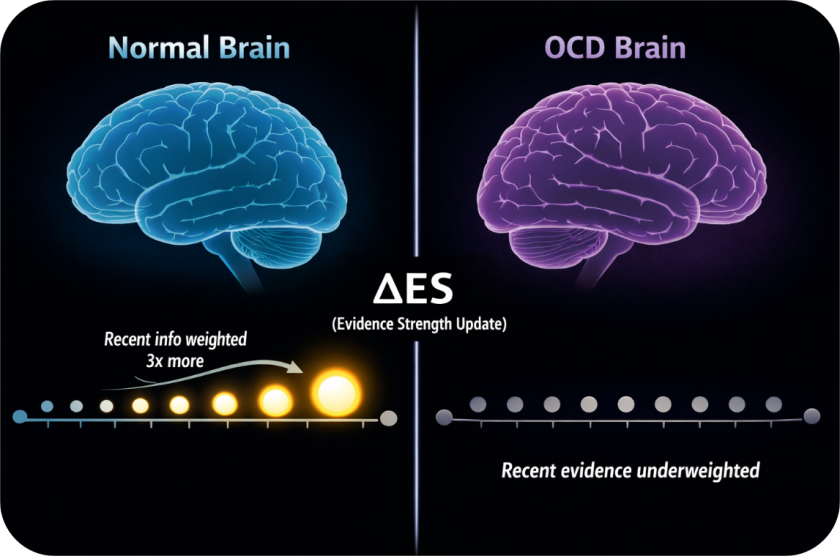Science has proven times and times again that emotions cannot be separated from our physical well-being. Various emotional conditions play an important role in our biology. Brain activity and hormones and examples of things that are affected by one’s various emotional states.
A recent study demonstrated that different emotions are judged to correlate with different body parts. The study, published in the Proceedings of the National Academy of Science, was conducted by a team of bio-medical engineers, with 700 participants from three countries, those being Finland, Sweden and Taiwan.
The research conducted at Aalto University presented participants with two body silhouettes together with a certain stimuli (emotional words, stories, movies, facial expression). Volunteers were asked to colour the body region in which they felt increasing or decreasing activity in association with the presented stimuli. Consistent reports were noted in certain bodily sensations, based on which the researchers created the Heatmaps.
The study which was run over 5 experiments, with 36 to 302 participants in each experiment, showed consistent results amongst male and female participants, who consisted of different races (West European and East Asian). Although the study conducted depended on subjective views of participants, it is pretty much valid considering the high level of consistency in the reports of the participants, and considering that the study hired a relatively big sample (700 individuals).
Such studies make one wonder about the ever-increasing life stresses and their relation to the growing numbers of people struggling with the various acute and chronic diseases. Could psychiatry manage to decrease the number of people living such health problem, let’s say migraines for example, or maybe even cancer? Such research-field has an important potential in the world of physical well-being, and might actually provide answers to some vital questions in the world of medical aetiology.
Sources:
and
Proceedings of the National Academy of Sciences of the United States of America: PNAS.org




